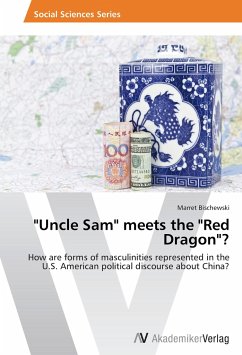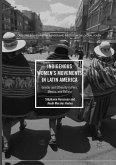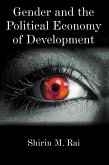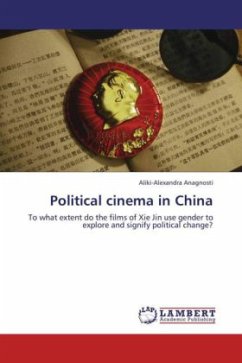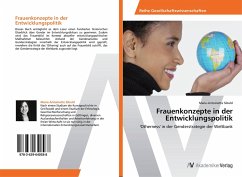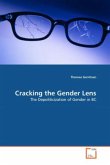Most approaches in International Relations (IR) agree on the basic assumption that states are the central actors in the international system. In addition, to speak about a state while using metaphors of personhood - implying that the state is like a living organism, a "human being" who acts and takes decisions - is everyday policy. But if the state is for analytical purposes treated as a person, the question of "gender" is becoming relevant. Given that feminist studies previously revealed how treating gender as irrelevant can actually privilege "masculine values" as the universal norm. In her critical feminist discourse analysis Marret Bischewski examines how gendered identities of states are constructed in global politics and how forms of masculinities are negotiated in the international arena. By analyzing the U.S. American political discourse about China she makes the operations of masculinities in the meetings of "Uncle Sam" and the "Red Dragon" visible. Further, she overcomes the obstacles of feminist inquiry regarding the question "how to identify masculinity when you see it?".
Bitte wählen Sie Ihr Anliegen aus.
Rechnungen
Retourenschein anfordern
Bestellstatus
Storno

